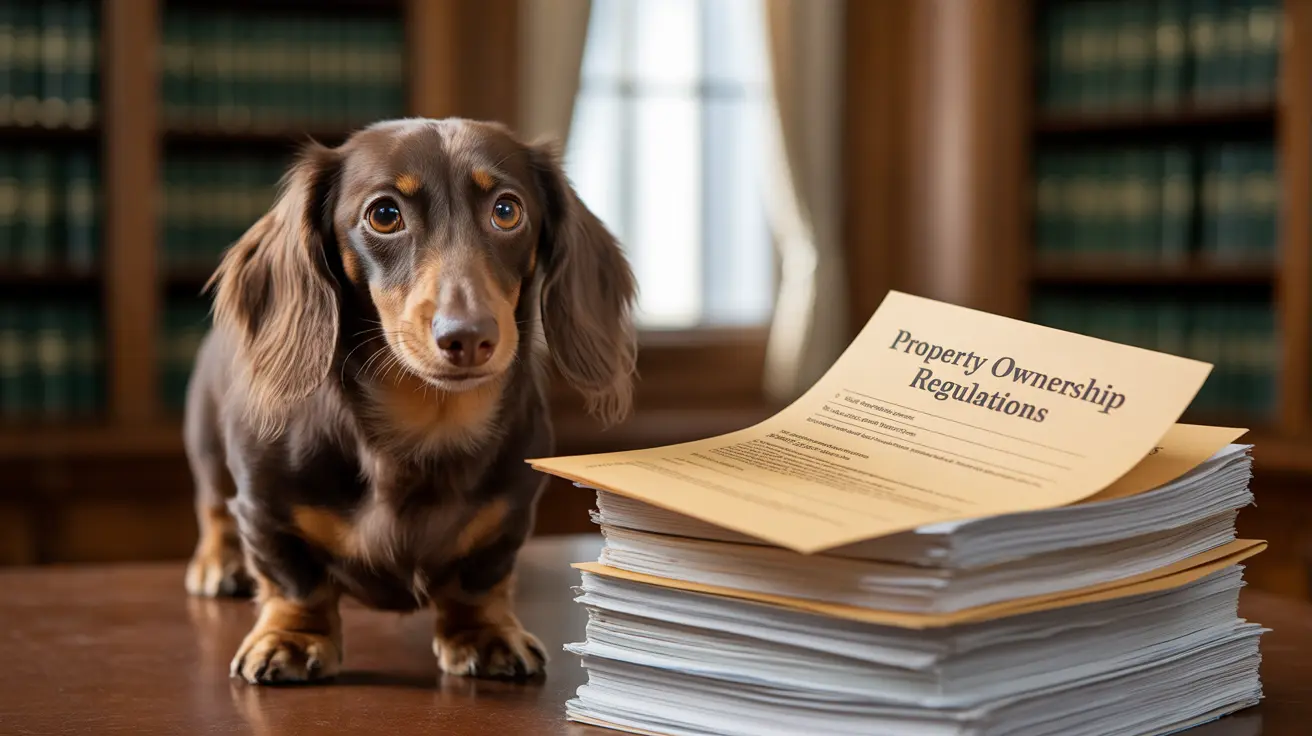For many dog lovers, the question of how many dogs they're allowed to own isn't just about personal preference—it's about navigating a complex web of legal requirements and restrictions. Whether you're considering adding another furry friend to your family or simply curious about ownership limits, understanding these regulations is crucial for responsible pet ownership.
In this comprehensive guide, we'll explore the various factors that determine how many dogs you can legally own, from local ordinances to state laws, and what you need to know to stay compliant while providing the best care for your canine companions.
Understanding Dog Ownership Limits in the United States
The United States leads global dog ownership with approximately 78 million owned dogs, yet there's no federal law limiting how many dogs you can own. Instead, these restrictions are determined at state and local levels, creating a patchwork of regulations that vary significantly across the country.
State-Level Regulations
While thirty states don't impose state-wide limits on dog ownership, others have specific restrictions:
- California, Arkansas, and Oklahoma typically limit households to 4 dogs
- Connecticut, Iowa, and DC allow up to 6 dogs
- Tennessee permits up to 10 dogs (based on property size)
- Washington allows up to 50 dogs with proper permits
Local Municipality Rules
City and county regulations often implement stricter limits than state laws. Urban areas typically have more restrictive policies due to population density and quality-of-life concerns. These local ordinances may also address specific issues like:
- Noise control
- Waste management
- Property size requirements
- Neighbor complaints
- Public health concerns
Kennel Permits and Special Circumstances
Many jurisdictions offer ways to legally own more dogs than the standard limit through special permits:
- Kennel licenses for professional breeders
- Foster home permits for rescue organizations
- Rural property allowances
- Special consideration for working dogs
International Dog Ownership Regulations
Different countries approach dog ownership limits and regulations uniquely:
- The UK focuses on breed-specific legislation rather than number limits
- European countries emphasize welfare standards over numerical restrictions
- Australia implements strict quarantine and import regulations
- Many nations require mandatory registration and microchipping
Responsible Dog Ownership Considerations
Beyond legal limits, responsible ownership involves ensuring each dog receives:
- Adequate living space
- Individual attention and exercise
- Proper veterinary care
- Sufficient financial resources
- Time for training and socialization
Frequently Asked Questions
How many dogs am I allowed to own in my state or city?
The number of dogs allowed varies by location. Check your local municipal code and state laws for specific limits. Most urban areas restrict ownership to 2-4 dogs, while rural areas may allow more.
What are the specific requirements for obtaining a kennel permit to own more dogs?
Kennel permits typically require:
- Property inspection
- Proof of adequate space
- Business licensing
- Regular veterinary oversight
- Additional fees and insurance
What are the common reasons for local governments to impose limits on dog ownership?
Local governments limit dog ownership to:
- Prevent animal hoarding
- Maintain neighborhood peace
- Control noise and waste issues
- Ensure proper animal care
- Protect public health
How do international laws and regulations differ in terms of dog ownership and welfare?
International regulations vary widely, with European countries generally focusing on welfare standards rather than numerical limits. Some nations emphasize breed restrictions, while others prioritize registration and microchipping requirements.
What are the penalties for exceeding the allowed number of dogs in my area?
Penalties may include:
- Monetary fines
- Mandatory rehoming of excess animals
- License revocation
- Legal action in severe cases
- Animal control intervention
Before adding another dog to your household, always research your local regulations and ensure you can provide appropriate care for all your pets. Responsible ownership isn't just about following the law—it's about creating a safe, healthy, and happy environment for both you and your canine companions.






